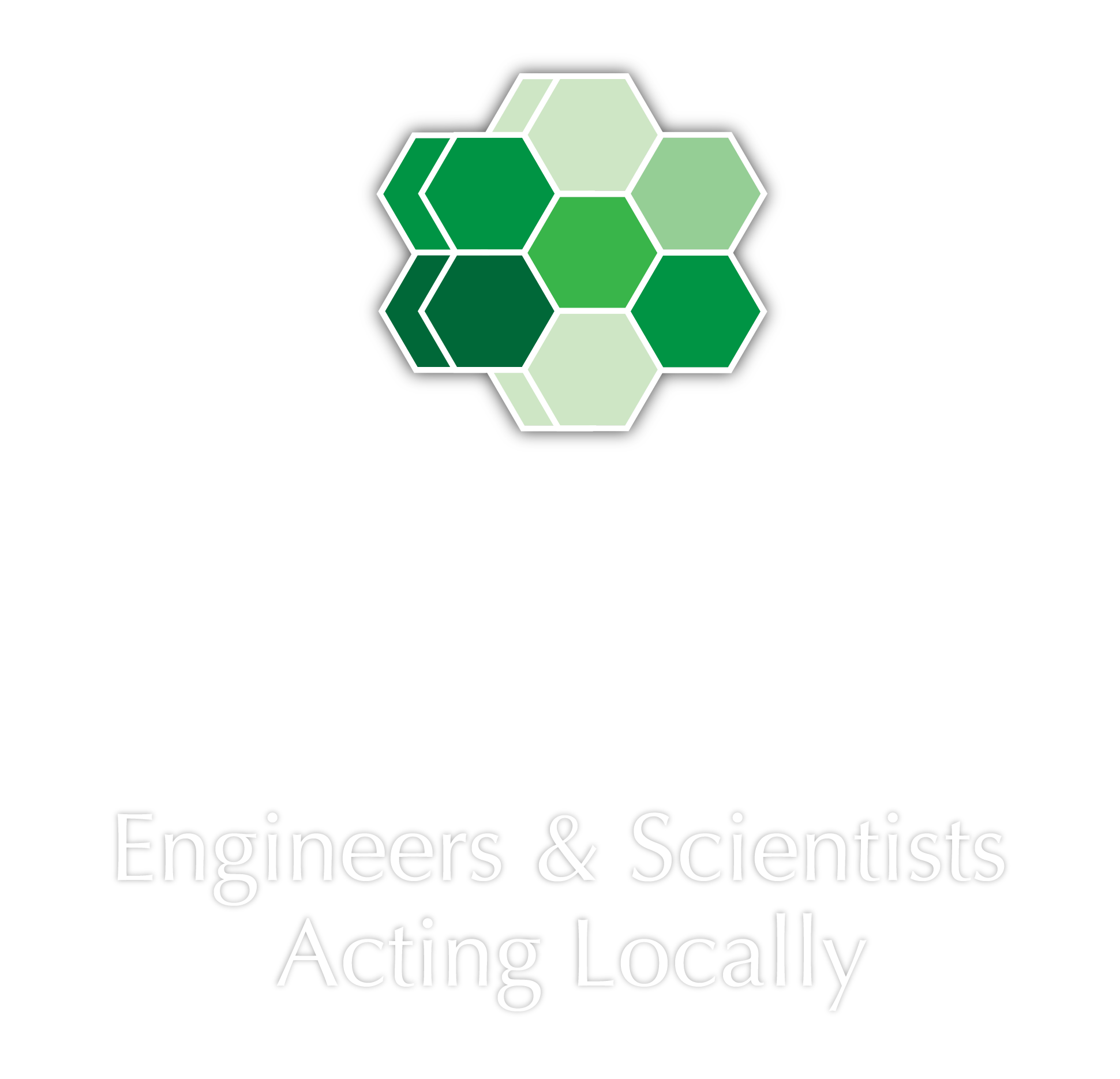Vanessa García Polanco is a federal policy associate at the National Young Farmers Coalition, as well as a member of the boards of the Agriculture, Food & Human Values Society and Michigan Food & Farming Systems. ESAL interviewed García Polanco about her trajectory to becoming a recognized activist-scholar for equitable, sustainable agriculture and food supply systems in Michigan and beyond.


